As the colder months approach in the northern hemisphere, heating systems are activated and many people take out their space heaters from storage. Firefighters warn that you should never connect these devices to a power strip.
Space Heaters Must Not Be Plugged Into Power Strips
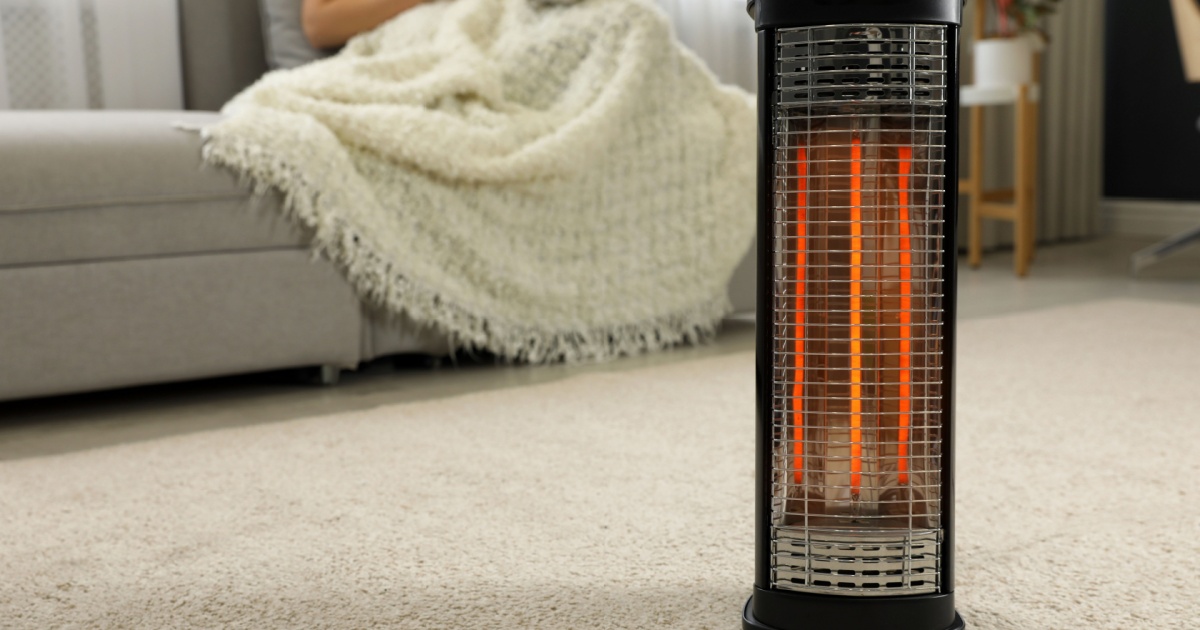
When temperatures drop, individuals around the globe turn to space heaters. Everyone desires to feel warm and cozy when chilly winds blow outside. With the upcoming heater season, firemen in Oregon shared an important message about safety. (1) What’s their top advice? Never plug a space heater into a power strip. (1) “You should not plug a heater into a power strip,” stated Umatilla County Fire District #1 in Hermiston, Oregon on Facebook. “These devices aren’t made to handle the high current needed for space heaters and can overheat or even start fires because of extra energy flow.” (1)
A Fire Hazard: Using Power Strips
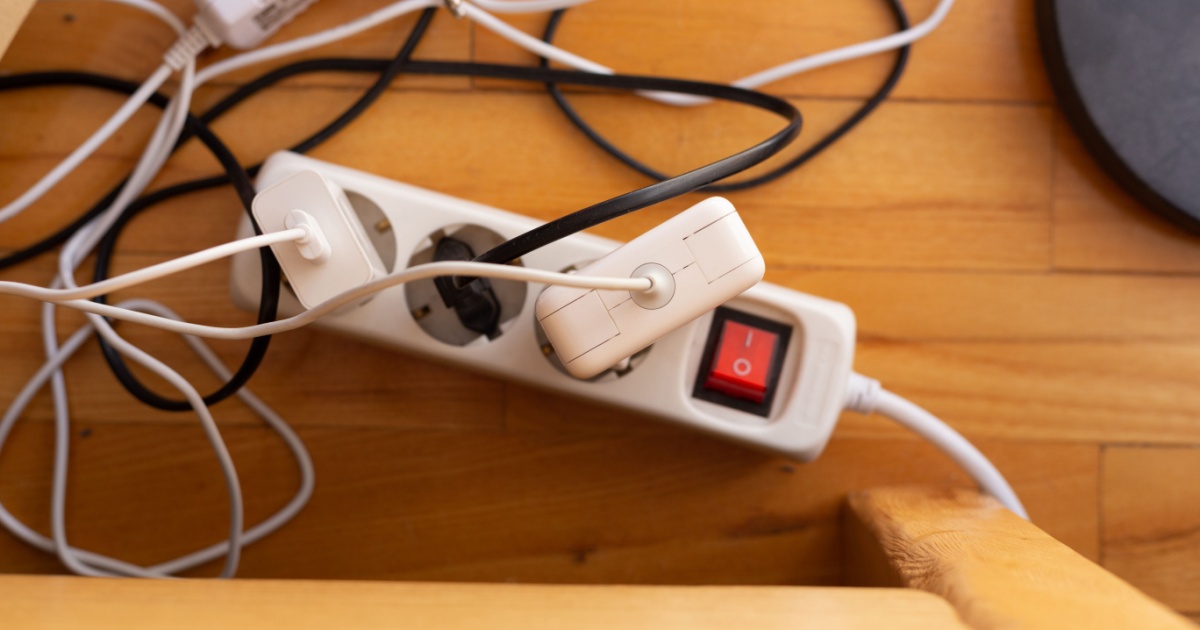
The Oregon Fire Department isn’t alone in giving safety tips for space heaters. The Toledo Fire Department in Ohio released a similar warning after a home caught fire due to improper use of one of these heaters. The heater set fire to the couch, causing the whole house to ignite quickly. (2) Space heaters can reach up to 600 degrees Fahrenheit so it’s essential that everyone uses them carefully! (2)
Here are some tips:

- Always plug directly into an outlet instead of using a power strip
- Maintain at least three feet of clear area around your heater at all times
- Supervise your space heater while it’s running; don’t leave it on while sleeping or if you’re not in the same room
- Set up heaters on flat surfaces only
- Avoid placing them on cabinets, tables, furniture or carpets.
How To Avoid Electrical Fires At Home
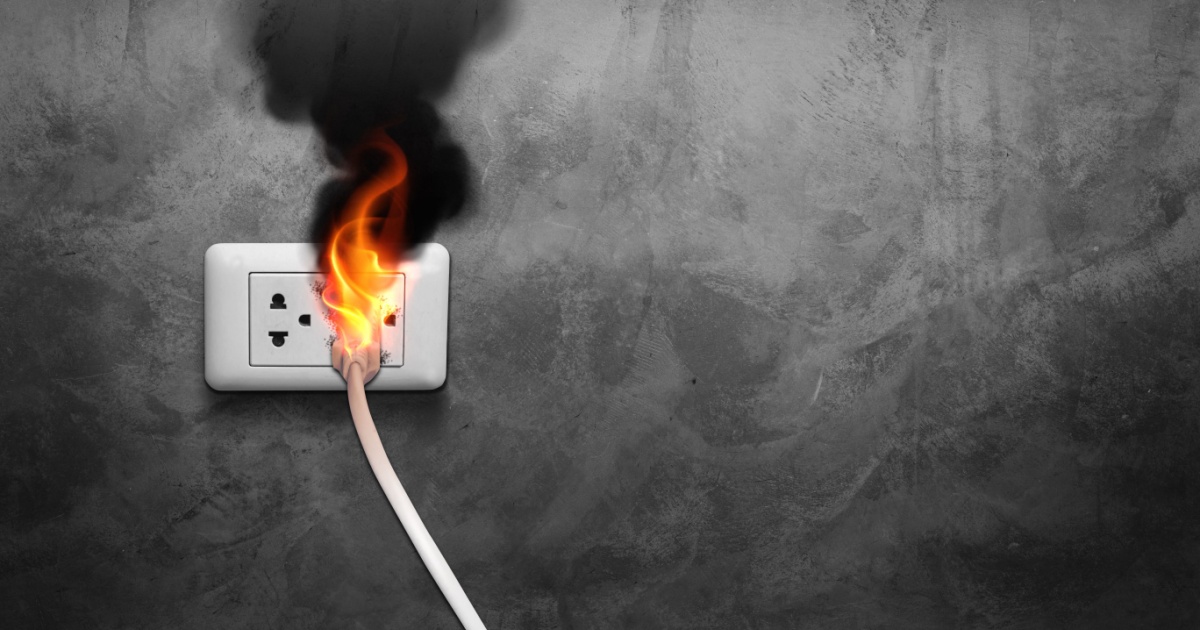
Even during cold winter months, electrical fires can be prevented! Here are our best suggestions for staying safe from fires this winter and throughout the year:
1. Unplug heat-producing devices when not being used.

This includes hair tools, kettles and any type of heater! Anything that creates heat can overheat and catch fire if left plugged in too long or may turn on due to faults.
2. Use extension cords temporarily only.
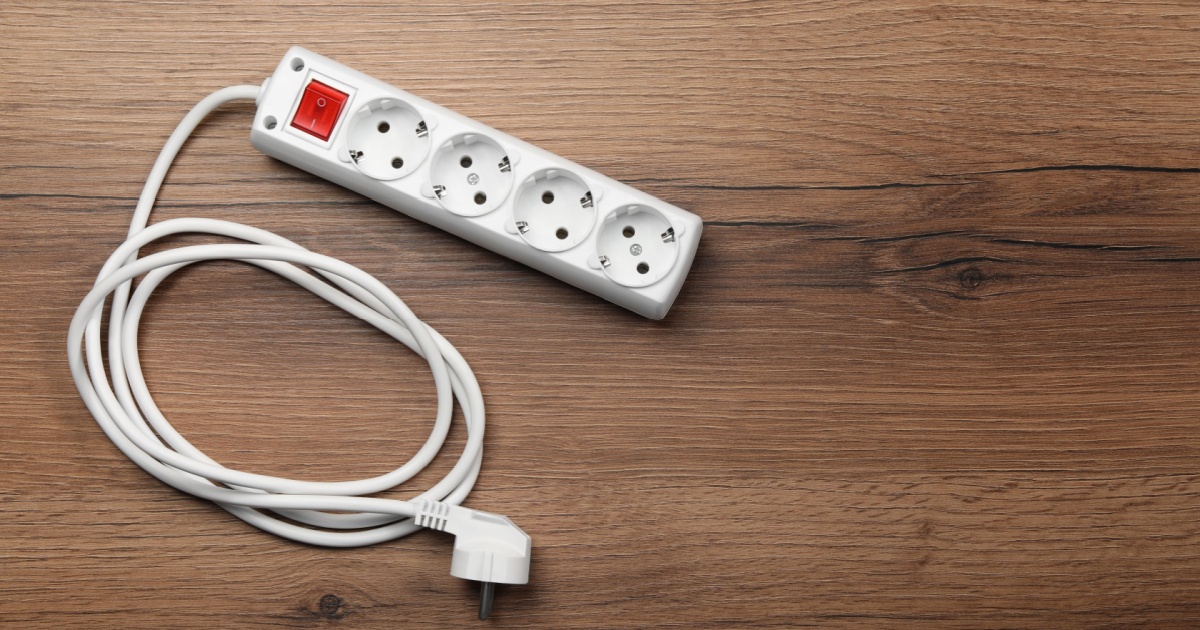
Extension cords shouldn’t be used all day every day; they’re meant for short-term use only! If you need more outlets installed contact an electrician right away.(4)
3. Keep that third prong!
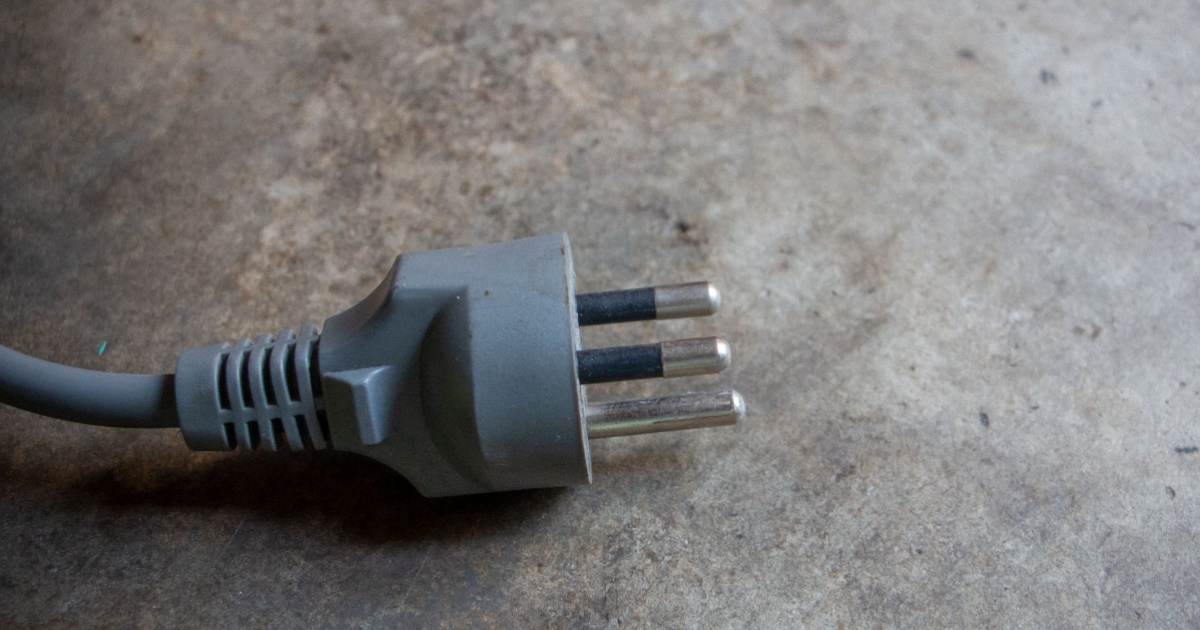
The third prong is there for protection against surges and issues with electricity—think about upgrading two-pronged outlets at home.
4.Update your electrical system.
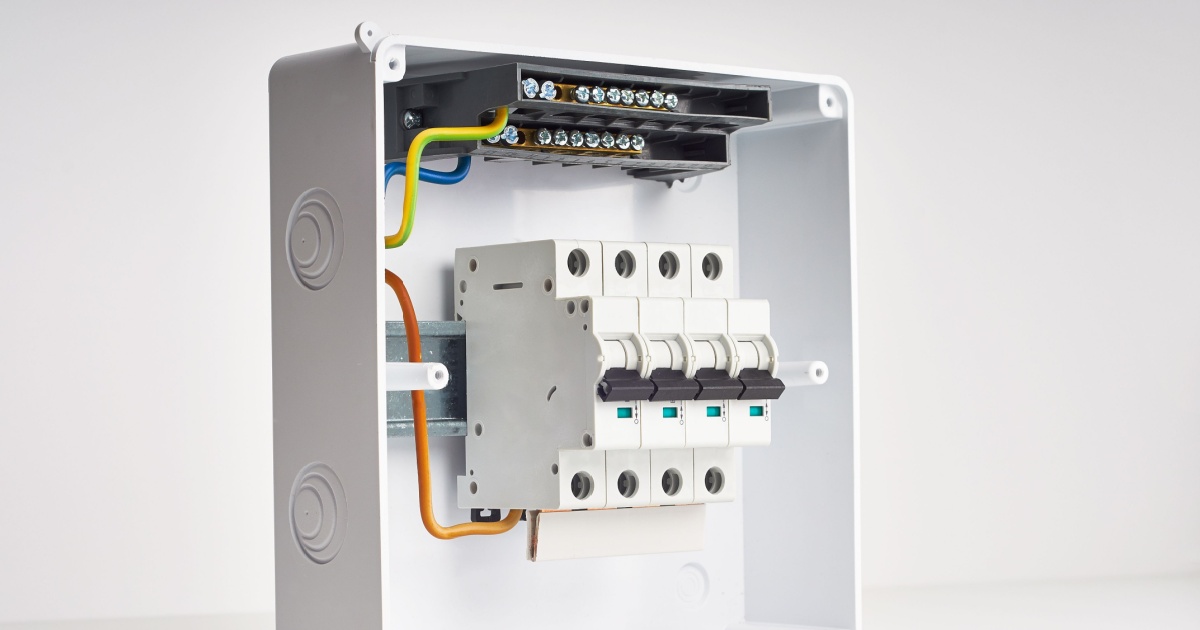
If your house is old then chances are its electrical system is outdated too! Have an electrician check it out and possibly upgrade it since older systems tend towards overheating which could lead to fires.
5.Don’t use broken power cords!
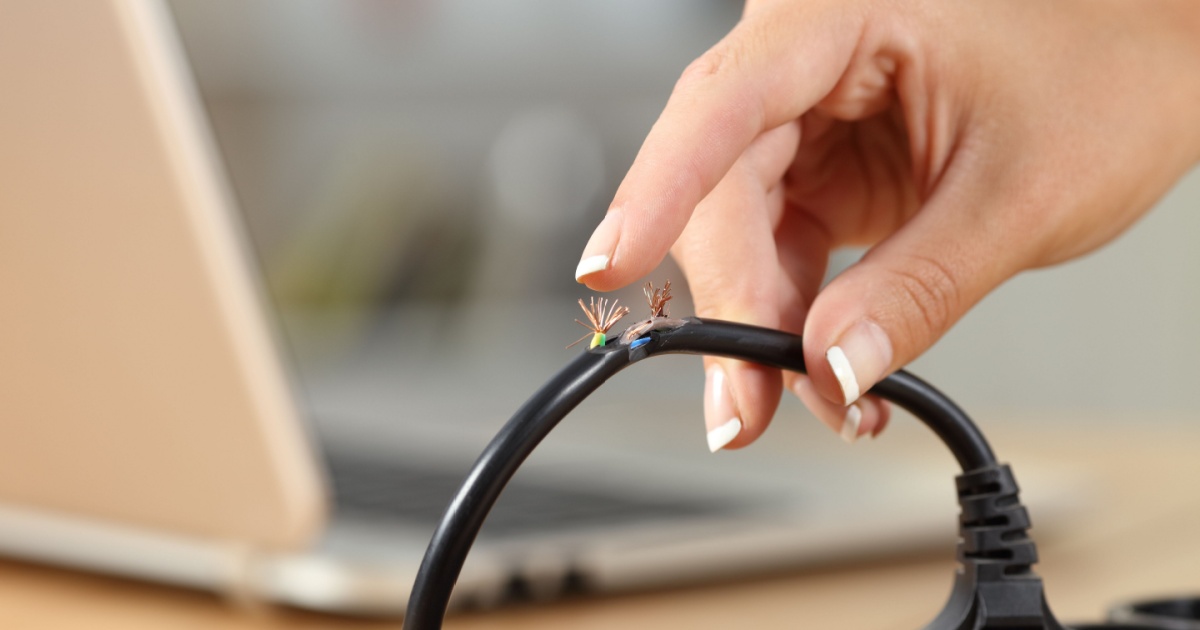
If any part of your cord looks damaged – like frayed wires or broken prongs – don’t use it at all.

